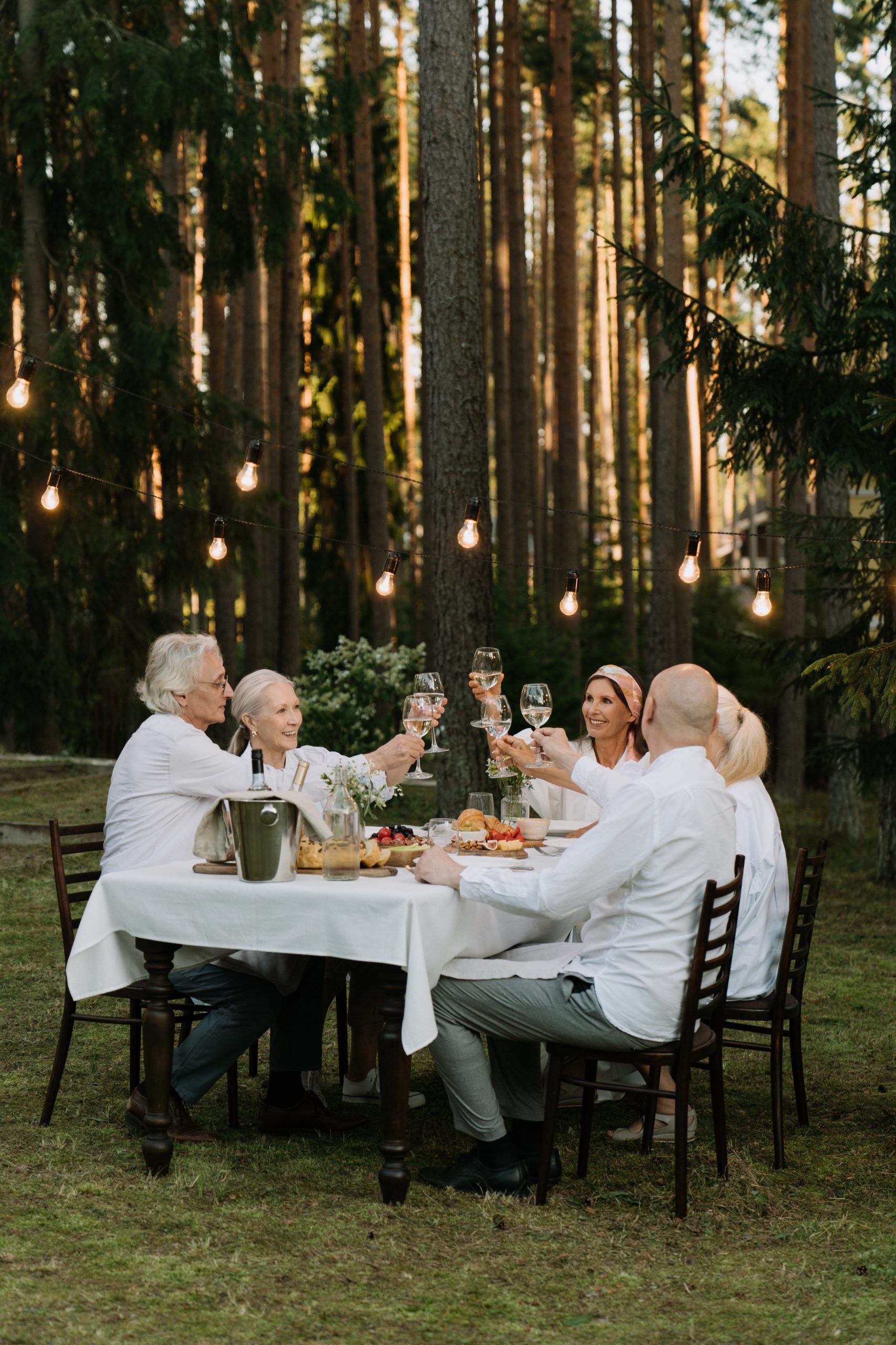The Importance of Hobbies for Seniors With Disabilities: Adaptive and Accessible Options.

The image is not directly related to the article. It merely symbolizes the life of elderly people.
The Importance of Hobbies for Seniors With Disabilities: Adaptive and Accessible Options
Why are hobbies important for seniors with disabilities?
What are some adaptive hobbies for seniors with disabilities?
Adaptive hobbies include painting or drawing with assistive devices, playing games with modified rules or equipment, gardening with raised beds or accessible tools, and learning a new language or skill online.
What are some accessible hobbies for seniors with mobility impairments?
Accessible hobbies include reading, listening to audiobooks or podcasts, watching movies or TV shows, playing online games, and practicing meditation or yoga.
How can seniors with disabilities find hobby groups or classes?
Local community centers, senior centers, and disability organizations may offer hobby groups or classes. Online resources such as Meetup.com, Facebook groups, and YouTube tutorials can also provide opportunities to connect with others and learn new hobbies.
What are some benefits of joining hobby groups or classes?
Joining hobby groups or classes can provide opportunities for social interaction, learning from others, sharing experiences and knowledge, and developing new skills and interests.
How can caregivers or family members support seniors with disabilities in pursuing hobbies?
Caregivers or family members can help seniors identify interests and find adaptive or accessible hobby options, provide transportation or assistance with equipment, encourage participation and celebrate achievements, and connect them with hobby groups or classes.
Hobbies can have a significant impact on the quality of life for seniors with disabilities. Finding enjoyable and fulfilling activities can provide a sense of purpose and accomplishment, reduce stress and anxiety, and promote physical and cognitive well-being. However, some seniors may face challenges in pursuing hobbies due to mobility, vision, or other impairments.
Adaptive hobbies are those that can be modified to accommodate a range of disabilities. For example, painting or drawing can be done with adapted brushes or styluses, while games can be played with modified rules or equipment. Gardening can also be adapted with raised beds or accessible tools. Learning a new language or skill online is another adaptive option.
Accessible hobbies are those that do not require physical mobility or dexterity. Reading, listening to audiobooks or podcasts, watching movies or TV shows, playing online games, and practicing meditation or yoga are all accessible options.
Finding hobby groups or classes can also provide opportunities for social interaction and learning from others. Local community centers, senior centers, and disability organizations may offer hobby groups or classes. Online resources such as Meetup.com, Facebook groups, and YouTube tutorials can also provide opportunities to connect with others and learn new hobbies.
Caregivers or family members can play a role in supporting seniors with disabilities in pursuing hobbies. They can help seniors identify interests and find adaptive or accessible hobby options, provide transportation or assistance with equipment, encourage participation and celebrate achievements, and connect them with hobby groups or classes.
In conclusion, hobbies can provide a variety of benefits for seniors with disabilities. Whether adaptive or accessible, pursuing enjoyable and fulfilling activities can promote physical and cognitive well-being, reduce stress and anxiety, and enhance social connections and overall quality of life.
The image is not directly related to the article. It merely symbolizes the life of elderly people. The Importance of Hobbies for Seniors With Disabilities: Adaptive and Accessible Options Why are hobbies important for seniors with disabilities? Hobbies can provide a sense of purpose and fulfillment, help maintain cognitive and physical abilities, reduce stress and…
Recent Posts
- Empowering Caregivers: The Best Online and Offline Resources to Enhance Your Skills
- Traveling with a Purpose: The Rise of Volunteer Vacations
- Breaking Stigma: Dispelling Myths about Mobility Aids and Disability
- Avoiding Probate: How Trusts Can Simplify the Estate Settlement Process
- Senior Citizens Beware: Common Financial Scams and How to Stay Protected

